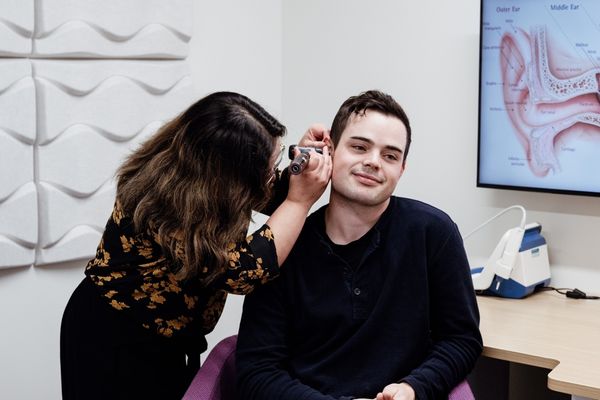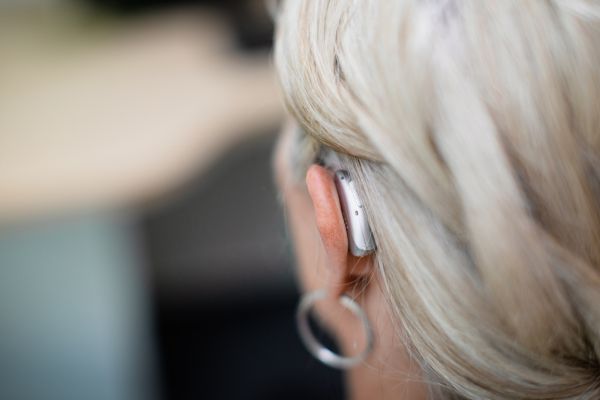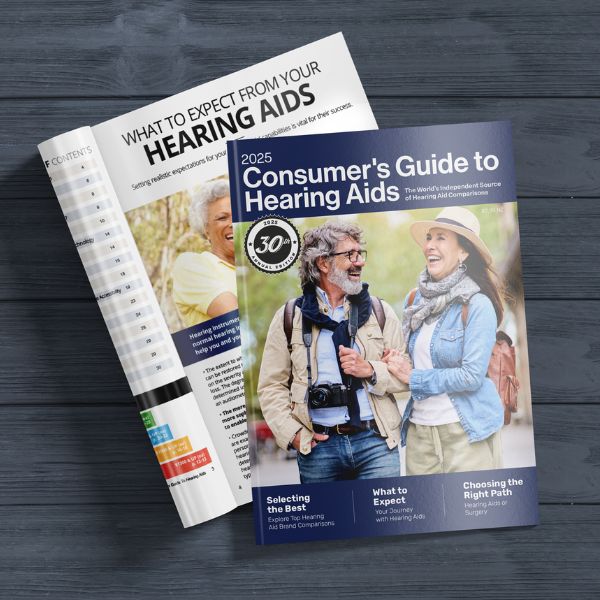 tinnitus
tinnitusTriton Hearing
Mar 23, 2022
Types of tinnitus: everything you want to know about
Millions of people experience ringing in the ear, also known as tinnitus. Some suffer only for a short period, others much longer, for weeks, months, and sometimes even years. Although it is difficult to say precisely how many people hear occasional or long-lasting ringing, roaring, buzzing in the ear, the problem is widespread.









